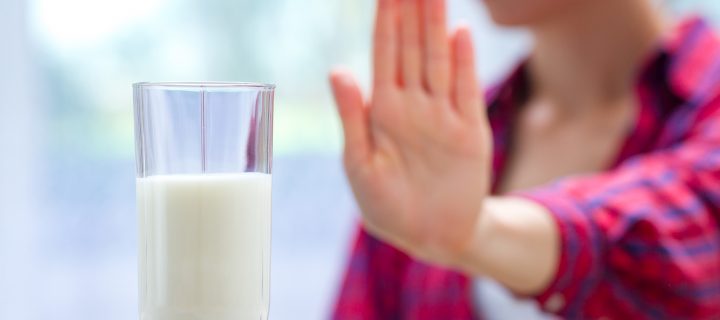Some foods, like milk, can inhibit your iron absorption.
There are many foods that can help you increase your iron levels- red meat, liver, oysters, clams or beans might come to mind. But what about those that make iron absorption difficult?
Up to 20% of American women are living with iron deficiency, and may have been prescribed an iron supplement as a possible solution. Eating to support this is important.
According to the Mayo Clinic and studies online, consuming large amounts of tea or coffee daily could impact how well iron is absorbed by your body. Milk and eggs are also known to be possible iron-inhibitors so, watch out, especially at breakfast time.
Related: This is What Happens When You Donate Blood
Surprisingly, spinach has also been found to decrease the amount of nonheme, (poorly absorbed), iron the body gets from food. (Apparently, no one told Popeye, but now you know, so you can pass on the info). Nonheme iron is often found in plant-based sources of iron such as beans and cereals.
Looking for tips? Go for lean red meat. It’s said to be the best source of dietary iron.
And if you’re eating vegetarian, drink some orange juice or ingest some other source of vitamin C when you consume plant-based sources of iron such as beans, cereals and vegetables. This has been known to help your body absorb nonheme iron, so that you get your maximum intake.
Always consult with your doctor before adjusting your diet. Iron toxicity can cause fatal damage to your liver and brain.












